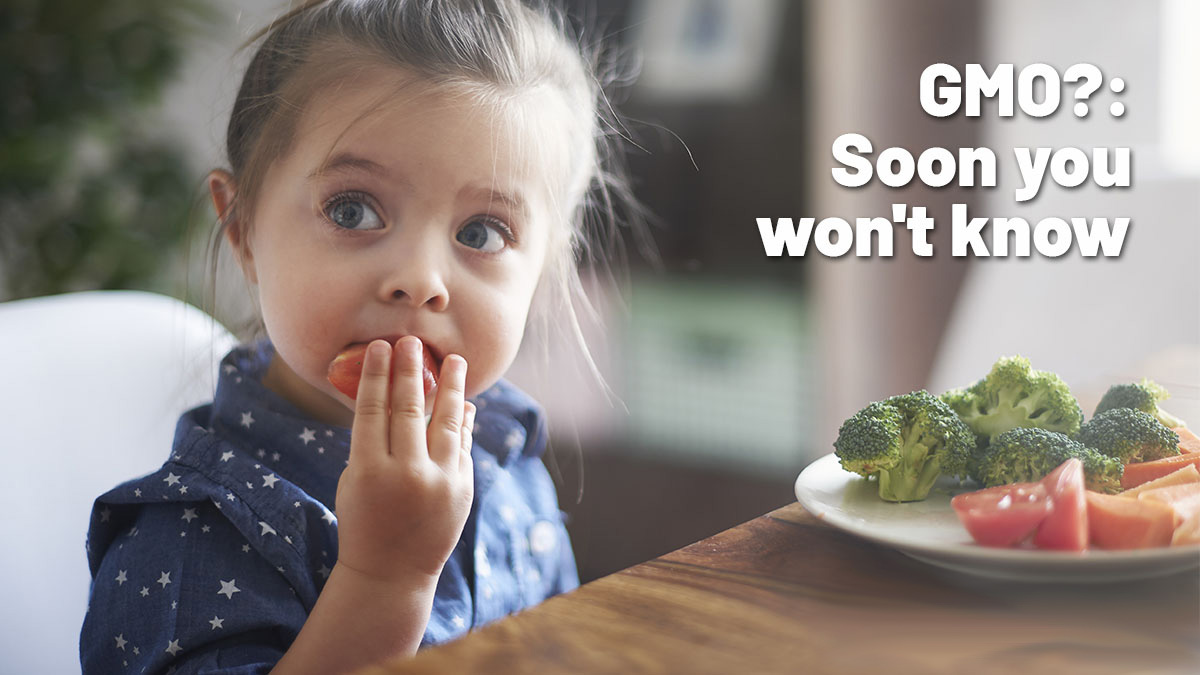
Food Standards Australia New Zealand
PO Box 5423
KINGSTON ACT 2604
Submission: Proposal P1055—Definitions for gene technology and new breeding techniques (NBTs)
This submission is supplementary to our previous submission dated 3 December 2021.
Proposal P1055 is premised on a false equivalence that new breeding technique (NBT) food is produced with an outcome that might occur using natural selection techniques. That is clearly not the case, and the onus should be on the proponent to prove the safety of every instance of GM manipulation.
As Australia's independent peak industry organisation representing the diverse members of the Australian organic industry, Organic Industries of Australia Ltd commends the submission to your consultations made by GeneEthics. The GeneEthics submission is well-researched, evidence based, and compelling—in stark comparison with the FSANZ proposal which:
- promotes assertions in lieu of evidence—e.g. the discussion paper on costs and benefits presents only the arguments in favour of Proposal P1055 and makes no attempt to quantify the benefits or costs
- runs completely contrary to Government initiatives to promote traceability in food products
- forsakes the precautionary principle—across all relevant aspects, including food safety, consumer sovereignty, industry effects, and impacts for trade and market access—in favour of unspecified benefits to be privately captured through patents by NBT proponents
- introduces ambiguity into the definitions of gene technology
- at present, it is clear all gene modified foods are subject to the precautionary principle
- the effect of Proposal P1055 will be to lower the bar for the future deregulation of all GM technology due to uncertainty about boundaries between GM techniques
- mistakes the herd mentality of other countries (succumbing to lobbying from huge multinational vested interests) for a rigorous analytical approach
- seeks to tilt the playing field more in favour of NBT proponents
The organic industry views these issues existentially. Organic agriculture has been at the forefront of transitioning our agricultural systems to practices which are good for biodiversity and planetary health. Indeed, we are the leading example of how to unify biodiversity and farming. But the success of our movement depends on consumers trust, and traceability and labelling of all GMOs are essential to protect the organic market and the reputation of organic products.
We are witnessing a profound global shift towards more sustainable food systems, driven by trends in both consumption and production. The organic movement has already resolved the balance between environmental protection with commercial agriculture through a principles-based approach to achieving sustainability.
Deregulation in respect of NBTs is a distraction from the agroecological solutions needed to move agriculture towards sustainability. The organic movement urges FSANZ to act to protect the freedom of farmers and consumers not to use or buy products from genetic engineering, and to prevent the monopolisation of genetic resources through patents.
Yours faithfully,

Peter Hislop Speers
Chair, Organic Industries of Australia Ltd